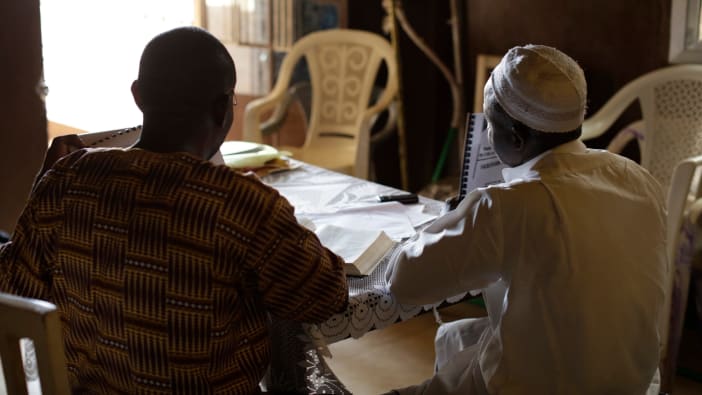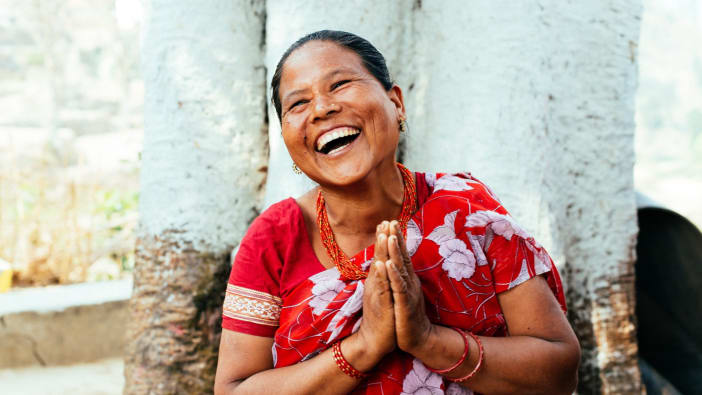by Dr Edwin J Pugh.
In disaster and refugee situations, infectious diseases are a potential major health hazard. This is due to a variety of factors including overcrowding, an unsanitary environment and poor nutrition. A mixture of people living in crowded, dirty conditions with low resistance to disease because of malnutrition, is a situation where infectious diseases may be severe and spread rapidly unless effective control measures can be established.
Diseases in disaster situations can usually be divided into two categories. First there are those that are more likely to occur when a camp or refugee community is newly established - such as malaria, cholera, typhus, typhoid and diarrhoea. Secondly there are those which occur after a camp has been established for some months. These would include dengue, hepatitis, influenza, measles, meningitis, sleeping sickness, whooping cough and yellow fever. In nearly all refugee situations, measles epidemics are, at some time, a major cause of death.
The role of immunization
Priority must be given to preventing the cause of many diseases by providing a good supply of food and water and establishing a safe sanitation system. Immunization programmes have the potential to prevent many diseases.
Making it work
Immunizations can only be effective if a high uptake rate, using a viable vaccine, is obtained in the susceptible refugees. To obtain good coverage the immunization programme needs careful planning, taking into account the organisation of the refugees along with their cultural perceptions. In addition any vaccine cold chain must be adequate. Vaccines must be kept properly refrigerated at all times. If this is not possible, then immunization programmes should not be carried out at all.
Planning the programme
Any immunization programme should involve the host government in its planning. In addition, the help of other agencies, including WHO and UNICEF, could be encouraged. The refugee community can be a great resource with refugee staff being trained to give vaccines and keep records. In planning the programme, the refugee community itself should be actively involved.
Pick the right method
In order to reach high immunization uptake rates, there are three methods which might be used...
- Refugees could be immunized on arrival within the camp or community.
- Mass campaigns could be run within the refugee population.
- At-risk individuals could be identified during visits to health centres and as part of established mother and child health services.
The choice of method will depend on the organisation and maturity of the refugee camp. Several methods could also run together.
A safe sanitation system and clean water supplies must be priorities in disaster situations.
Dr Edwin Pugh is the Director of Public Health for Darlington Health Authority with direct experience of refugee and disaster situations on the Thailand/Cambodia border and in southern Iran.









